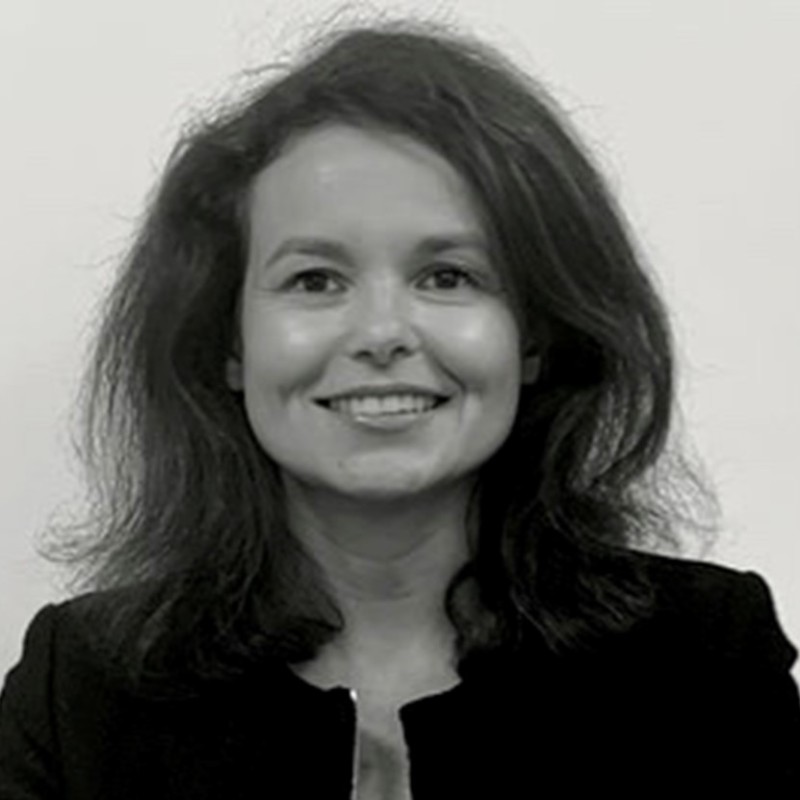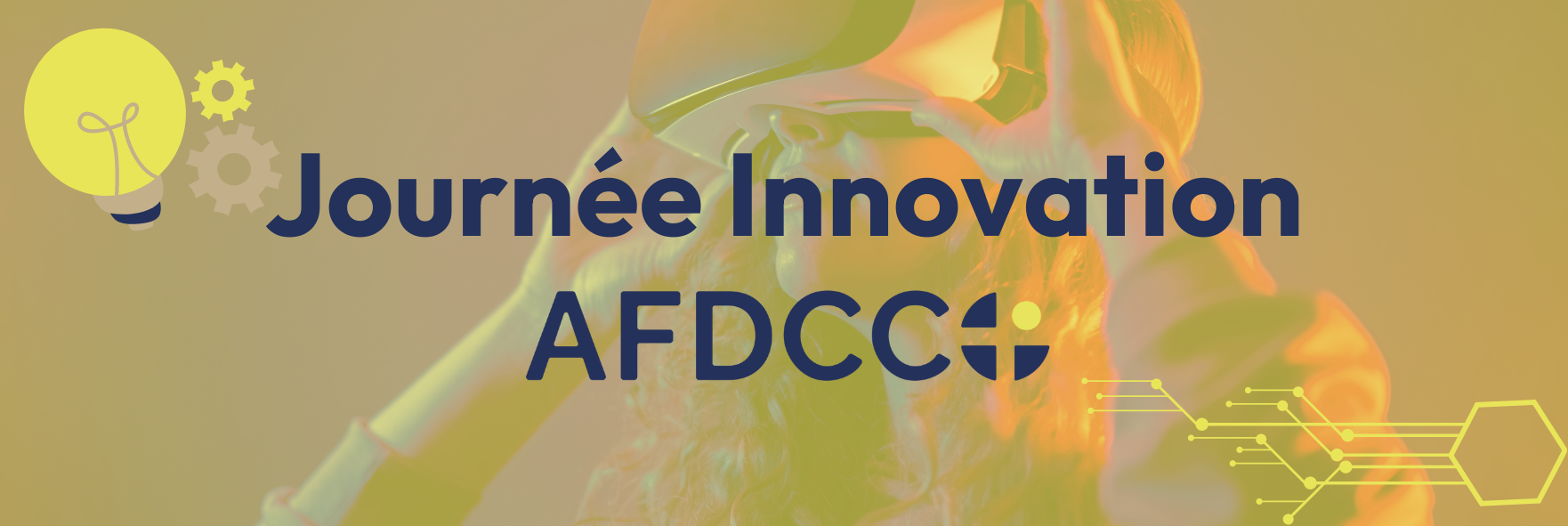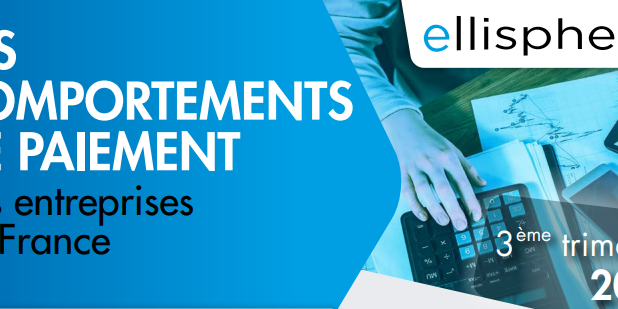
Marie-Noëlle Thomas
Business Line Risk Management Director - Ellisphere

Dinojan Karthigesu
Data Scientist, Innovation Department - Ellisphere
To begin with, could you give us your definition of an innovation?
Marie-Noelle Thomas: Innovation can take two forms. It can be perceived as a significant change, or even a radical transformation of a tool, product or process. It can also take the form of more modest but nonetheless useful developments, designed to make everyday life easier, or to meet emerging needs or new user habits.
We often associate innovation with disruptive transformations such as the advent of the internal combustion engine or the smartphone, which have profoundly changed our lives. However, there are also less spectacular but just as important innovations, which occur every day in all fields, transforming an existing situation.
In response to the needs of credit managers in particular, Ellisphere innovates in two ways. On the one hand, there may be innovations that remain invisible to the end-user, such as ongoing improvements in information processing prior to distribution. On the other hand, there are innovations that are more tangible for end-users, such as new functionalities, improved user paths, new decision-making tools like scoring, and more efficient customer support solutions.
In all these respects, innovation is, on a day-to-day basis, essential to the development and competitiveness of companies, even if it is not always explicitly presented as such.
Dinojan Karthigesu: An innovation is anything new, whether technological, methodological or organizational. It's a change that aims to improve what already exists, or even a more radical change that leads to a genuine revolution. This evolution can take the form of improved tools, complex processes, or the realization of previously impossible tasks. In short, as soon as an initiative falls into this category, I consider it an innovation.
With the solution you're proposing, how can we talk about a major innovation, and what does it mean in operational terms for the company or for credit teams?
Marie-Noelle Thomas : The proposed innovation meets a very real need. We identified a major sticking point linked to the considerable increase in the risk of fraud, and the associated risks. Our solution, designed with this major customer issue in mind, is extremely simple and directly applicable to credit managers' decision-making processes. It is an empty-shell fraud risk indicator (1), evaluated on a scale of 0 to 100. This innovation is crucial, as fraud can quickly lead to considerable financial loss and reputational damage for companies, especially in the age of digital transformation. Indeed, the need to reinforce security and preventive risk management measures has become indispensable in value chains, particularly in digitalized organizations.
Dinojan Karthigesu : This solution is innovative in several respects. First of all, this new scoring is an innovation in itself, since it didn't exist on the market before. Although we are not the first to work on the issue of fraud, offering a scoring system that can detect empty shells is an innovative step forward. Innovation also lies in the data we use and the way we process it. In fact, we are now industrially exploiting previously inaccessible information, such as beneficial owners and shareholders. This is made possible by techniques such as OCR(2) and NLP(3). The data collected enriches our scoring and makes it more relevant.
In addition, our innovation can be seen in our ability to customize scoring according to the specific needs of each customer-user.
Finally, there is innovation in the way we use technology, as in the case of shareholding, where we have developed methods for automated extraction of relevant information from voluminous PDFs. This approach considerably reduces processing time, and enables mass data to be updated more efficiently.
Do you think that certain innovations will replace human beings in certain jobs? How is innovation a tool for improving the work and quality of life of company employees?
Marie-Noelle Thomas : Innovations, such as the robotization of production lines in factories, can indeed replace certain jobs; without forgetting, however, that other professions can emerge, precisely thanks to this robotization. For corporate finance professions such as credit management, Ellisphere's objective is to provide complementary tools to assist decision-making, and if necessary to enable teams to concentrate on high value-added dossiers. Our ambition is to provide credit managers with solutions that enable them to make faster and more informed decisions, by providing them with a constant flow of information, thanks in particular to the empty shell fraud score. These tools aim to focus the credit manager's energy where the risks are highest, in order to optimize the efficiency of his or her work. The innovations proposed by Ellisphere for credit managers thus support the transformation of their increasingly demanding profession, without having to cut jobs, a decision which falls within the remit of corporate social policy.
Dinojan Karthigesu : I agree with Marie-Noelle. For me, innovation, and more specifically the use of Artificial Intelligence (AI), is not intended to replace humans, but rather to free them from very specific tasks, not necessarily with real added value. Some tasks can be automated or accelerated thanks to AI, while others can be partially automated. In all cases, however, humans are still needed for critical checks and decision-making. AI therefore acts as a complementary support tool, enabling humans to concentrate on aspects where technology is not yet suited. For example, in the case of fraud detection, even if innovation can provide a risk score, the final decision remains in the hands of a human, for whom the score is an indicator among other information.
Finally, why have you chosen to support the AFDCC event dedicated to this theme, and what would you like to say to our readers to convince the last hesitators to come and meet you at the AFDCC Innovation Day?
Marie-Noelle Thomas : This day highlights the integration of innovation into the credit manager's day-to-day work. Supporting this initiative is essential if we are to meet the challenges facing the profession.
By presenting Ellisphere's innovation, we are demonstrating our commitment to credit managers and the importance we attach to gathering their opinions. This enables us to measure the relevance of our projects and explore new avenues of innovation. It's vital to create solutions that really meet the needs of operational staff, rather than simply following "trends". This day therefore offers a unique opportunity to interact directly with potential users and get valuable feedback on our work.
Dinojan Karthigesu : If you've ever been confronted with fraud and suffered losses, you know how painful it can be. It's a dry loss that can jeopardize the survival of your business. More generally, whether or not you've already been a victim of fraud, you're aware that the risk is real, and that it needs to be taken into account. This raises a number of questions: does your company have an anti-fraud system, either manual or automatic? If so, do you think it is sufficiently adapted? etc. Whatever your answers, come and discuss them with us on June 14, so that we can pool our experience and turn it into a strength in the search for effective solutions.
-
The "empty shell" technique consists of creating or taking over a company with a straw manager or representatives of companies abroad, or which no longer exist.
-
OCR: Optical Character Recognition
-
NLP: Natural Language Processing (TLN)

June 14, 2024
Innovation Day - AFDCC
Ellisphere takes part in Innovation Day at Espace Batignolles, Paris 17th.

Tagline
Long headline on two lines to turn your visitors into users
Change the color to match your brand or vision, add your logo, choose the perfect layout, modify menu settings, add animations, add shape dividers, increase engagement with call to action and more.
The interview is also available in the Q2 2024 issue of Fonction Crédit magazine. https://www.linkedin.com/posts/karin-saint-germier_recouvrement-defaillances-bfr-activity-7203693810156007425-WC3C?utm_source=share&utm_medium=member_desktop



